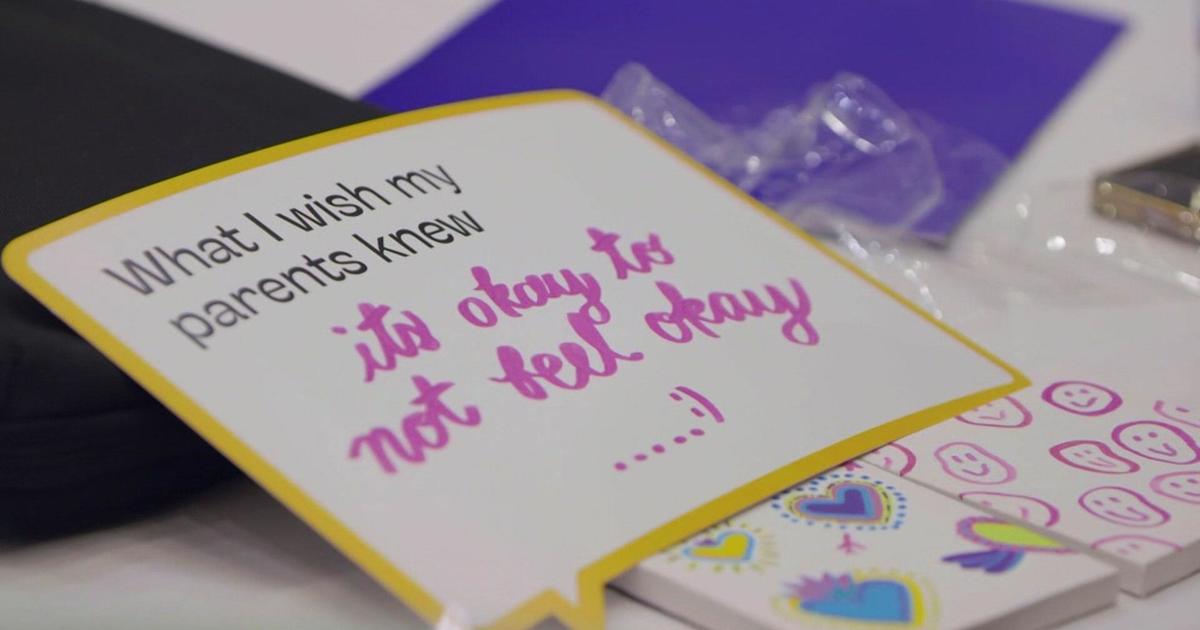Study: Kids' Altruism Linked To Better Health, Less Wealth
DAVIS, Calif. (CBS Sacramento) - Science once again tells us that it is better to give than to receive.
A new study finds that children as young as 4 can gain health benefits from altruistic giving -- and that altruistic behaviors are found less often among children from high-income families.
"The findings provide us with a new understanding of how children's altruistic behaviors, family wealth, and physiological health are intertwined," said lead researcher Jonas Miller of the University of California Davis.
While previous research has shown that altruism -- giving that is personally costly -- can promote physical and mental well-being in adults. This study looks at how the nervous system of a child responds when a child behaves altruistically.
Researchers recruited 74 pre-schoolers with an average age of 4, and with their parents' permission, for the study.
They attached electrodes to each child to collect information about their heart rate and brain activity, particularly something called vagal tone. That describes the activity of the vagus nerve, which connects the brain to other parts of the body and key organs. Scientists have found that vagal tone is a good measure of the body's response to stress factors.
A high vagal tone indicates a person is feeling safe and calm.
The researchers played with the children and explained that they would earn tokens that they could trade for prizes.
Near the end of each session, the children were given a chance to donate the tokens to fictitious sick children.
The children who sacrificed children showed a higher vagal tone.
"We usually think of altruism as coming at a cost to the giver, but our findings suggest that when children forgo self-gain to help people who are less fortunate, they may get something back in the form of higher vagal tone," Miller explained. "It means we might be wired from a young age to derive a sense of safety from providing care for others."
Researchers also investigated the relationship between altruism and socioeconomic status (SES). They found the children from families with more wealth tended to share fewer tokens than kids from families of more modest means.
"This implies that certain aspects of high-SES culture that have been observed in adults, such as increased self-focus and decreased social sensitivity, might be present in children as young as 4 years of age," says Miller.
Because the children from less wealthy familes donated more tokens, they may get a psychological boost from altruistic behavior, says the study. Miller noted that the boost might help to offset some of the disadvantages of growing up in a lower-income family.
"Our findings suggest that fostering altruistic tendencies might be one path to promoting better health and well-being for all children," Miller concluded.
The study is published in the journal Psychological Science.
(TM and © Copyright 2015 CBS Radio Inc. and its relevant subsidiaries. CBS RADIO and EYE Logo TM and Copyright 2015 CBS Broadcasting Inc. Used under license. All Rights Reserved. This material may not be published, broadcast, rewritten, or redistributed.)



